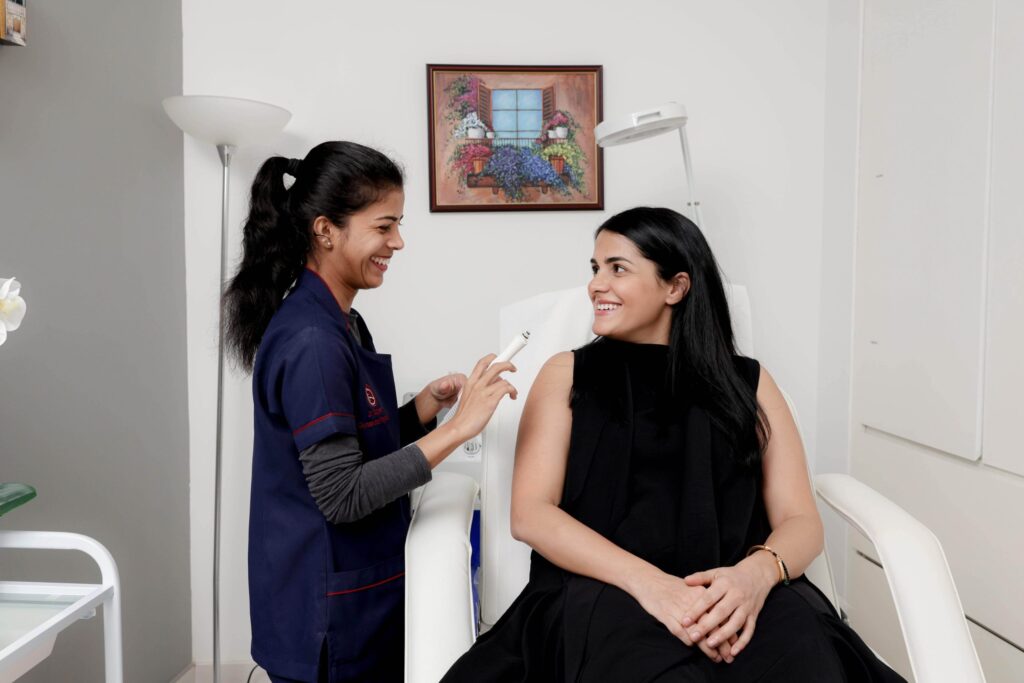The Significance Of Routine Check-Ups With Your Gynecologist
2 min read
Routine check-ups with a gynecologist are an essential component of women’s healthcare, emphasizing preventive measures, early detection, and personalized guidance. These regular visits to gynecologist clinic in Dubai offer an inclusive approach to women’s well-being, addressing reproductive health, screening for issues, and fostering open communication between the patient and the healthcare provider.
Promoting reproductive health:
Routine check-ups with a gynecologist play a crucial role in promoting reproductive health. These visits often involve discussions about menstrual health, contraception methods, and family planning. Gynecologists offer valuable insights into maintaining a healthy reproductive system, empowering women to make informed choices aligned with their lifestyle and future goals.
Early detection of conditions:
One of the primary objectives of routine gynecological check-ups is the early detection of health issues. Through screenings like Pap smears, mammograms, and pelvic exams, gynecologists can identify abnormalities or signs of reproductive disorders in their initial stages. Early detection allows for timely intervention and significantly improves the chances of successful treatment.
Personalized preventive care:
Each woman is unique, and routine check-ups with a gynecologist provide an opportunity for personalized preventive care. These visits take into account individual medical history, lifestyle factors, and family background, allowing the healthcare provider to tailor recommendations for screenings, vaccinations, and lifestyle adjustments to the specific needs of the patient.
Menstrual and hormonal health monitoring:
Gynecological check-ups include monitoring menstrual cycles and hormonal health. Irregularities in menstrual patterns or hormonal imbalances can be indicative of underlying issues such as polycystic ovary syndrome (PCOS) or thyroid disorders. Regular assessments during routine check-ups enable gynecologists to identify and address these concerns promptly.
Open communication and counseling:
Routine check-ups foster an environment of open communication between the patient and the gynecologist. This dialogue is crucial for addressing concerns, discussing family planning options, and seeking guidance on reproductive health. Gynecologists serve as healthcare providers and also as partners in a woman’s journey towards optimal well-being.
Routine check-ups with a gynecologist go beyond mere examinations; they form a cornerstone of women’s healthcare, emphasizing preventive measures, early detection, and personalized care. These visits empower women with knowledge about their bodies, provide avenues for early intervention, and establish a collaborative relationship between the patient and the healthcare provider.



